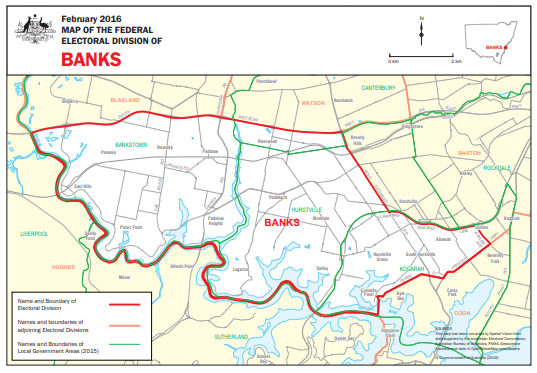|
|
|
|
| Adam Carr's Election Archive
|
Australian federal election, 2022
Division of Banks, New South Wales
Named for: Sir Joseph Banks (1743-1820), naturalist who accompanied
Cook on The Endeavour
South-western Sydney: Allawah, Lugano, Padstow, Panania, Peakhurst
State seats: All of
Oatley, parts of
East Hills and
Kogarah
Local government areas: Parts of Canterbury-Bankstown and
Georges River
Borders with:
Barton,
Blaxland,
Cook,
Hughes and
Watson
Enrolment at 2019 election: 106,253
Enrolment at 2022 election: 107,786 (+01.5)
1999 republic referendum: No 52.4
2018 same-sex marriage survey: No 55.1
Sitting member: Hon David Coleman (Liberal):
Elected 2013, 2016, 2019
2007 Labor majority over Liberal: 11.1%
2010 Labor majority over Liberal: 2.5%
2013 Liberal majority over Labor: 1.8%
2016 Liberal majority over Labor: 1.4%
2019 Liberal majority over Labor: 6.3%
Liberal two-party vote 1983-2019
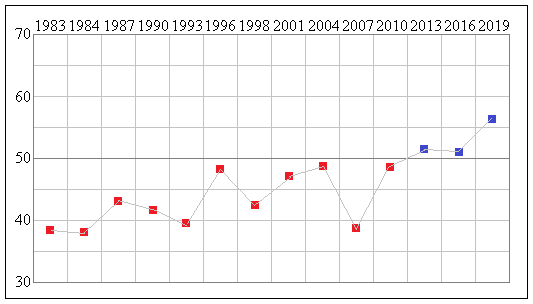
Status: Marginal Liberal
Best Liberal booths, two-party vote: Lugarno (68.5), Connells Point (68.3), Picnic Point North (62.0),
Oatley West (61.5), Husteville PPVC (60.4)
Best Labor booths, two-party vote: Riverwood North (63.6), Carlton South (55.1), Riverwood East (53.2), Beverley Hills
North (51.6), Peakhurst Central (51.5)
2019 results
Statistics and history
Candidates in ballot-paper order:
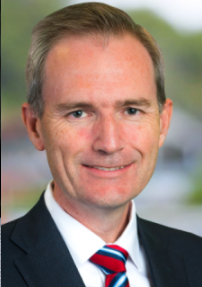 |
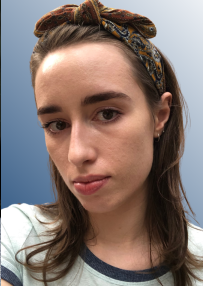 |
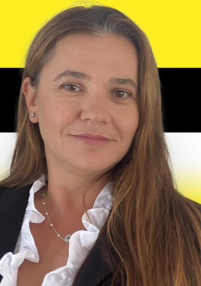 |
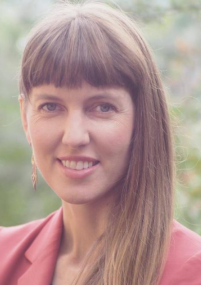 |
1. Hon David Coleman
Liberal Party |
2. Eloise Cocker
Liberal Democrats |
3. Marika Momircevski
United Australia Party |
4. Natalie Hanna
Australian Greens |
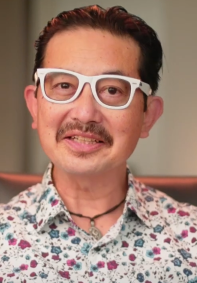 |
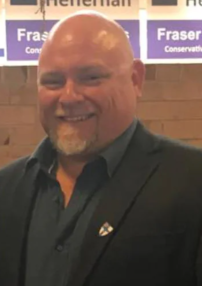 |
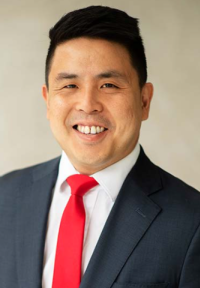 |
5. Steve Khouw
Independent |
6. Malcolm Heffernan
Pauline Hanson's One Nation |
7. Zhi Soon
Australian Labor Party |
Candidate websites:
Eloise Cocker
Hon David Coleman
Steve Khouw
Natalie Hanna
Diane Markantonakis
Marika Momircevski
Zhi Soon
Division of Banks
Banks was created in 1949, and its boundaries and social composition have changed very little since. It has always taken in a block of
Sydney's south-western suburbs, areas which now have a stable, home-owning and ageing population, with a relatively high proportion
of non-English speaking households (particularly Chinese). The 2016 redistribution shifted Banks westwards, removing some Liberal territory
in Condells Point but adding even stronger Liberal areas in Revesby and Picnic Point, formerly in
Hughes. With the increasing influx of high-income voters
into the suburbs along the Georges River, demographics are working against Labor in this part of Sydney, as was shown at the last two
state elections, when the Liberals retained East Hills and Oatley in the same area.
Until 2013 Banks was always held by Labor, although the Liberals came close to winning it several times.
Daryl Melham held the seat for
Labor from 1990 to 2103. Melham was an outspoken left-winger who twice resigned from the Labor front-bench in opposition but was never
promoted while Labor was in office. He was an increasingly poor fit for a seat rapidly filling with "aspirational" voters.
David Coleman, Liberal MHR for Banks since 2013, is a lawyer and company director, and previously held senior positions at PBL Media and
the Nine Network. He is a relative moderate in the NSW Liberal Party - he supported marriage equality, for example. He was appointed
an assistant minister in December 2017 and in 2018 became Minister for Immigration, Citizenship and Multicultural Affairs. But in the
December 2020 reshuffle he was demoted to Assistant Minister to the Prime Minister for Mental Health and Suicide Prevention.
At the 2019 election the Liberal margin in Banks blew out to 6.3%. While it is still a marginal seat, it seems increasingly
unlikely that Labor can regain it unless there is a very big swing across Sydney. The Labor candidate is Zhi Soon,
General Manager, Evidence and Impact, at the Australian Institute for Teaching and School Leadership. The Greens
candidate is Natalie Hanna, a geophysicist.
Demographics:
Median weekly household income: $1,598 (Australia $1,438)
People over 65: 16.1% (Australia 15.8%)
Australian born: 56.3% (Australia 66.7%)
Ancestry: Chinese 16.2%
Non-English-speaking households: 47.7% (Australia 22.2%)
Catholics 24.1% (Australia 22.6%)
No religion 23.8% (Australia 29.6%)
University graduates: 25.8% (Australia 22.0%)
Professional and managerial employment: 35.4% (Australia 35.2%)
Employed in manufacturing and construction: 20.3% (Australia 22.9%)
Paying a mortgage: 31.9% (Australia 34.5%)
Renting: 31.3% (Australia 30.9%)
Traditional families: 39.9% (Australia 32.8%)
Back to main page
|
|

